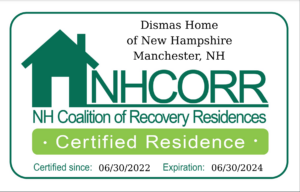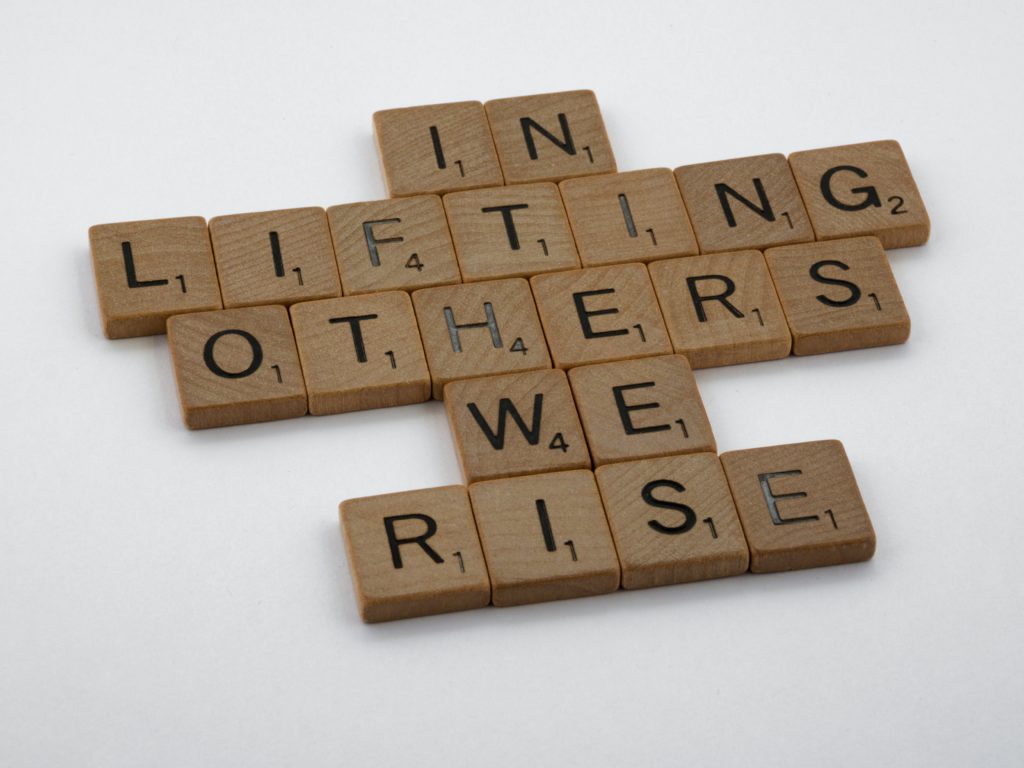It is said that, ‘Home is where the Heart is’; meaning, it is not a tangible place but rather a foundation of love, affection and fond memories. An intangible place that is intimately tied to our emotions, so wherever our loved ones are, there too lies our true home. Such a beautiful thought, perfect for greeting cards and holiday movies but in real life try telling that to someone who doesn’t have the comfort of a roof and four walls. Of course from a psychological standpoint there is plenty of truth to this popular saying because a home is indeed so much more than a house but the idea of being ‘house-less’ is quite scary. Housing is a critical factor in anyone’s overall health and well-being. And by that logic, good quality, affordable, safe and stable housing is a vital component for individuals in the recovery process. The threat of losing housing can lead to stress that triggers substance misuse and relapse. The Dismas Home of New Hampshire is both a house and a home, specializing in recovery and transitional living. Our home provides a holistic approach with a family-style environment, coupled with education, training, therapy and recovery services aiming for successful transition back into society.
The joys of housing - to rent or to buy?
For decades people pondered this question, throwing around terms like rental history and down payment, wondering if one should wait until after marriage to buy but rent right out of college. Today these questions seem irrelevant due to the housing crisis we are facing in the United States. It seems that somewhere down the line, the fact that adequate housing is a human right and not a commodity was lost. Currently, there is a shortage of 6.8 million affordable homes in the US with none of the 50 states having an adequate affordable supply. The lack of sufficient housing options has caused the cost to skyrocket, clocking between 33 and 50 percent of household income. With that being said, statistics show roughly half a million Americans are living in a state of homelessness with limited access to essential services such as water, electricity and sanitation. In light of this, the real question should be, if we can’t even satisfy housing for people who aren’t faced with challenges such as mental illness and addiction, what are we going to do about those who are? Substance abuse usually results in negative effects for the individual and their families, such as financial difficulties, family disagreements, legal trouble, and loss of housing. It is also thought that homelessness can cause some people to use drugs or alcohol to cope with their situation. In New Hampshire, the 2021 Rental Survey Report showed over half of renters pay 50 percent or more of their monthly income and the vacancy rates in the rental market are under 1 percent in nine of the ten counties. It goes on to show that homelessness has increased by over 20%. Being homeless is a life-altering traumatic event that creates major stress in a person’s life. People suffering from addiction who are faced with homelessness find it difficult to address their substance use without a safe place to live..
How can we help? We’re glad you asked.
It is our firm belief, here at the Dismas Home of New Hampshire, that there are four very important factors that encourage recovery; health, home, purpose, and community and they go hand in hand. To us, you are more than just a resident, you become a part of our family and this family lives in a safe, stable, and comforting environment. The staff and residents are welcoming and accepting thus, nurturing that sense of belonging. You will encounter people who understand and can identify with your story because they have lived one very similar and are on the same journey. These people will become your people! Through therapy, supportive peer groups, social activities, education, fundraisers, and the likes we work together to develop the overall health of our residents and we have fun doing it. We aim to rebuild people who are mentally, physically, emotionally, psychologically, financially, and socially much better than when they first walked through our doors. We encourage and guide our residents to seek out that which they are passionate about, find their purpose and work together as a part of this community we call family. They build healthy relationships while encouraging, supporting, and helping each other achieve their continued sobriety. We are here for you, to help you transition into the person you’ve always wanted to be.







